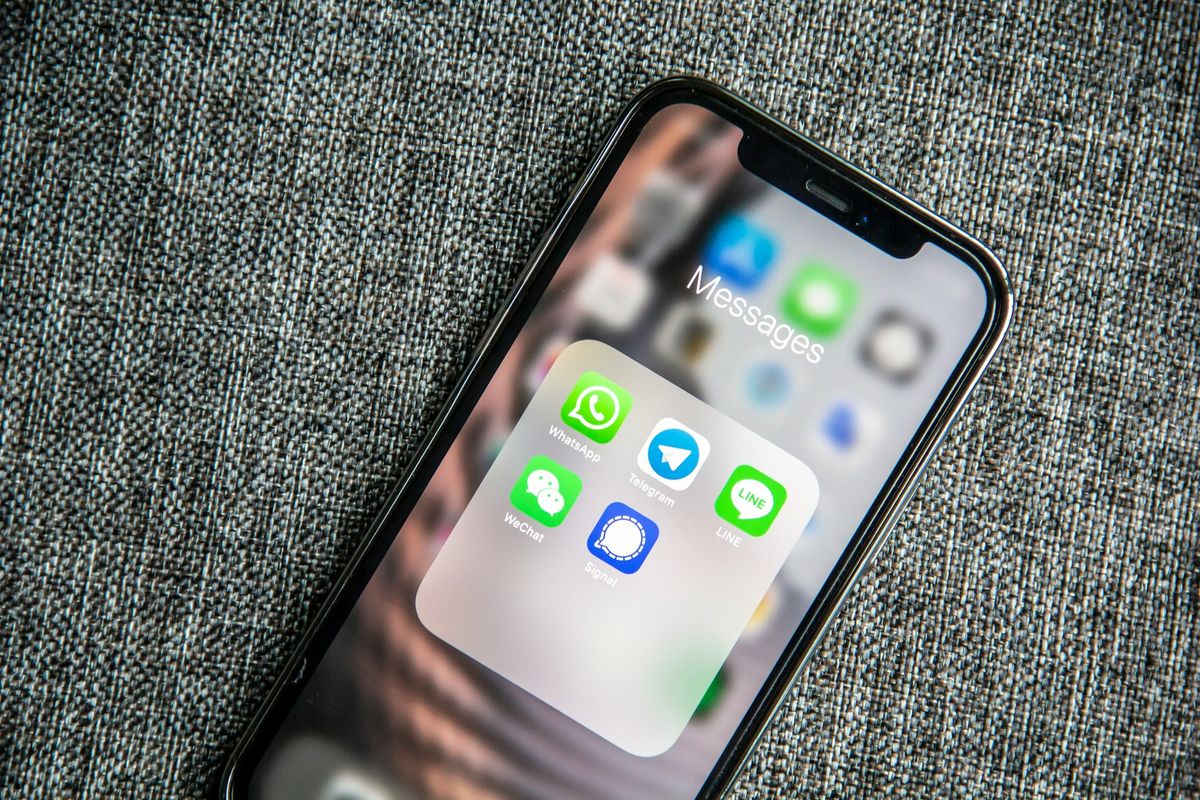

Privacy and encryption are crucial in digital communication. They protect our personal information and ensure that our conversations remain private. Imagine sending a message and knowing that only the intended recipient can read it. That's where encryption steps in.
Encryption is like a secret code for your messages. It transforms your data into a format that only someone with the right key can decode. This is especially important for messaging apps, where sensitive information is often shared.
Benefits of encryption:
End-to-end encryption is a key feature in many messaging apps. It means that only you and the person you're communicating with can read what's sent. Not even the app provider can access the content of your messages. This level of security builds trust and keeps your digital conversations secure.
Understanding the role of encryption helps us appreciate the safety measures in place to protect our digital communications. It's about keeping our messages private and ensuring our data is secure from unauthorized access.
WhatsApp uses the Signal Protocol for its end-to-end encryption. This ensures that only the sender and receiver can read the messages. Even WhatsApp itself can't access the content. This encryption applies to messages, calls, photos, and videos. The implementation of this protocol means strong protection for user data.
Telegram, on the other hand, uses a different approach with its MTProto encryption. While it offers end-to-end encryption, it requires users to enable it manually through "Secret Chats." Regular chats and group messages don't have this level of encryption by default. Telegram collects certain user data like names, phone numbers, and IP addresses, which raises some privacy concerns.
Here's a quick look at the key differences:
| Feature | Telegram | |
|---|---|---|
| Encryption Protocol | Signal Protocol | MTProto |
| End-to-End Encryption | Default for all chats | Available in "Secret Chats" |
| Group Message Encryption | Yes | No |
| Data Collection | Minimal | Includes phone number, IP address |
WhatsApp's encryption is robust and applies broadly. Telegram offers flexibility with its "Secret Chats" but requires manual activation for the same level of security. Both platforms have their strengths, but the choice depends on user priorities in privacy and convenience.
WhatsApp's privacy policy outlines its approach to handling user data. It collects user information such as phone numbers, device details, and usage data. This data helps improve the app's functionality and user experience. WhatsApp uses encryption to secure messages but retains metadata for operational purposes. It shares some user data with parent company Meta for targeted advertising, which raises privacy concerns for some users.
Telegram's privacy policy highlights its data collection practices. It requires a phone number for registration, which aids in user verification. Telegram collects user data like names, contacts, and phone numbers. Unlike WhatsApp, Telegram doesn't share data with third parties for advertising. However, its approach to data encryption varies, as not all chats are end-to-end encrypted by default.
Let's look at the pros and cons:
WhatsApp Pros: Strong encryption, widely used, consistent updates.
WhatsApp Cons: Shares data with Meta, collects extensive metadata, privacy concerns with data sharing.
Telegram Pros: Optional end-to-end encryption, doesn't share data with advertisers, flexible chat options.
Telegram Cons: Requires phone number, not all chats encrypted by default, collects user data.
Understanding these privacy policies helps users make informed choices about their messaging app preferences. Each platform has unique strengths and weaknesses in terms of data privacy.

Picking a messaging app that aligns with your privacy expectations can be tough. WhatsApp and Telegram each have unique features for safety and privacy. WhatsApp uses a strong encryption protocol by default, ensuring that your messages are secure. It also encrypts group messages. However, it does share some data with Meta, which might be a concern for those wary of data sharing.
Telegram offers a different take on privacy. It allows end-to-end encryption in "Secret Chats," which you must enable manually. Regular chats don't have this level of encryption. Telegram doesn't share data for advertising but does collect some user information. Your choice will depend on whether you value convenience or granular control over your privacy settings.
To boost your privacy when using messaging apps, consider these tips:
Understanding these differences and following these tips can help you make a more informed choice. By taking a proactive approach, you can better protect your privacy in digital communication.